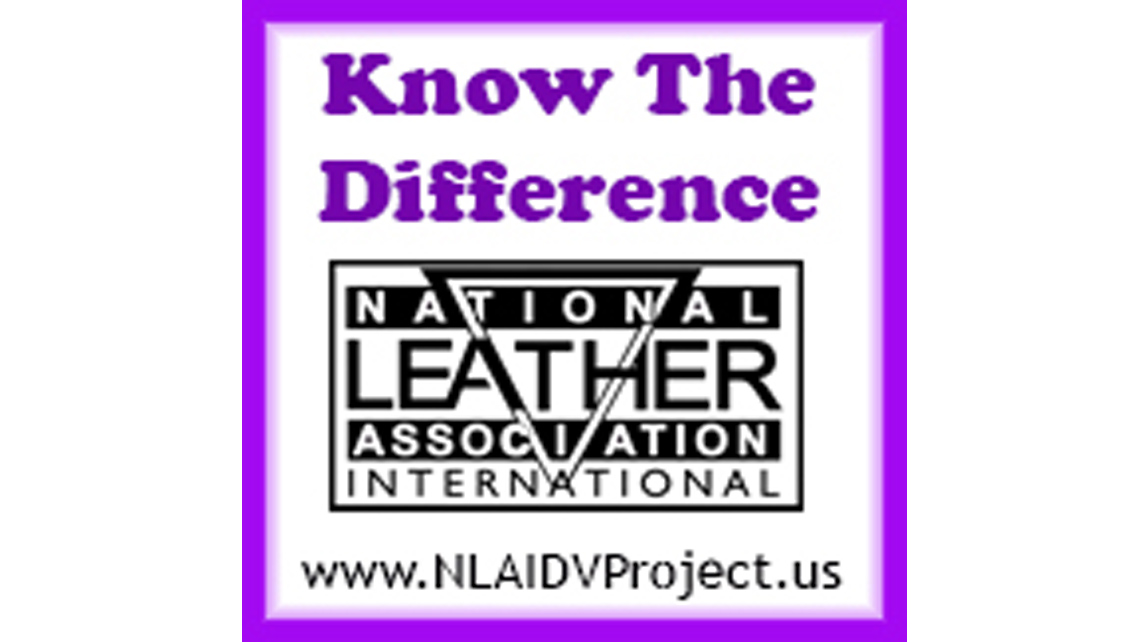Domestic violence is still a problem in many countries, not only for women but men as well. Kink and the alternative lifestyles that embrace a form of violence and power exchange are not abusive. That said it is not impossible for abusers to be attracted to the BDSM lifestyle and for non-consenting situations to arise. It is important to be able to identify the difference and that difference boils down to consent.
What is Abuse? How Do We Identify It?
Violence, domestic or otherwise, is not always easy to identify clearly. There are some common factors that define what is abuse and can help you identify it.
- It involves a non-consenting skewed power dynamic between the victim and the abuser
- Fear is a crucial element in maintaining control over the victim.
- The abuser degrades the self image of the victim
Violence between partners is often very complicated and full of complex emotions. There is no easy way to define it but no one deserves to suffer unwanted harm.
Engage in Consensual BDSM, Not Abuse
Consent, communication, negotiation, and agreement are the fundamentals that make BDSM a loving and desirable relationship. It changes acts of violence from rage to celebration and brings a sense of bonding between the two participants. To keep a healthy and positive interaction, keep these considerations in mind
Kashiko | September 10, 2011
What are the red flags that could indicate abuse?
Learn about the different kinds of abuse
Get Help & Support Your Local Resources
There are a number of supports available for those who are in or recovering from abusive situations. These agencies need your support too. Volunteer your time or money to help those in need. If you, or someone you know, are experiencing abuse please contact someone for support.








